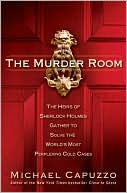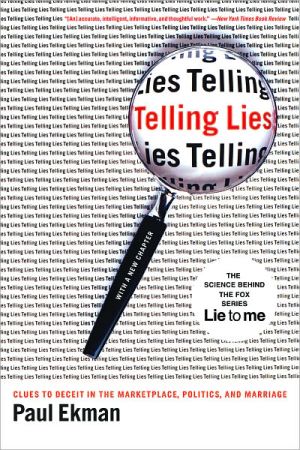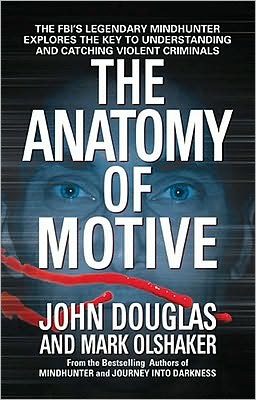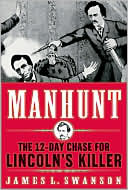The Lie Detectors: The History of an American Obsession
Search in google:
In this fascinating history of the lie detector, Ken Alder exposes some persistent truths about our culture: why we long to know the secret thoughts of our fellow citizens; why we believe in popular science; and why we embrace “truthiness.” For centuries people searched in vain for a way to unmask liars, seeking clues in the body’s outward signs: in blushing cheeks and shifty eyes. Not until the 1920s did a cop with a PhD team up with an entrepreneurial high school student and claim to have invented a foolproof machine capable of peering directly into the human heart. Scientists repudiated the technique, and judges banned its results from criminal trials, but in a few years their polygraph had transformed police work, seized headlines, and enthralled the nation. In this book, Alder explains why America—and only America—has embraced this mechanical method of reading the human soul. Over the course of the twentieth century, the lie detector became integral to our justice system, employment markets, and national security apparatus, transforming each into a game of bluff and bluster. The lie detector device may not reliably read the human mind, but this lively account shows that the instrument’s history offers a unique window into the American soul. Publishers Weekly Adler (The Measure of All Things) spins a yarn of scientific innovation and personal vituperation set against the backdrop of mid-20th-century America. In a steady, workmanlike way, he weaves together the lives and careers of the triumvirate responsible for "America's mechanical conscience." Developed in 1921 by John Larson, a cop with a Ph.D. in physiology, the lie detector was championed by Berkeley police chief August Vollmer and further refined by Leonarde Keeler, a jack-of-all-trades and relentless self-promoter. Sadly, the three men, who had worked well together, fell prey to jealousy and infighting that destroyed their friendship. While painting a rich, complex portrait of these men, Adler remains admirably skeptical of the machine itself, which he says is a uniquely American invention, designed to satisfy "a nation obsessed by criminal disorder and political corruption." Adler's skepticism places him in line with the scientific community: study after study has found that polygraphing techniques "do not pass scientific muster." Though this account is densely packed with dramatic material, Adler fails to bring it fully to life. 8 pages of b&w photos. (Mar. 6) Copyright 2006 Reed Business Information.
PrefacePART 1: THE ATHENS OF THE PACIFICCHAPTER 1 "Science Nabs Sorority Sneak"CHAPTER 2 Policing the PolisCHAPTER 3 A Window on the SoulCHAPTER 4 Monsterwork and SonCHAPTER 5 The Simple HomeCHAPTER 6 PoisonvilleCHAPTER 7 "Subjective and Objective, Sir"PART 2: IF THE TRUTH CAME TO CHICAGOCHAPTER 8 The City of Clinical MaterialCHAPTER 9 Machine v. MachineCHAPTER 10 Testing, TestingCHAPTER 11 TracesCHAPTER 12 A Science of the SingularCHAPTER 13 FidelityPART 3: TRUTH, JUSTICE, AND THE AMERICAN LIE DETECTORCHAPTER 14 A Lie Detector of Curves and MuscleCHAPTER 15 Atomic LiesCHAPTER 16 PinkosCHAPTER 17 Deus Ex MachinaCHAPTER 18 Frankenstein Lives!CHAPTER 19 Box PopuliEpilogueNote on SourcesNotesSelected BibliographyAcknowledgmentsIndex








